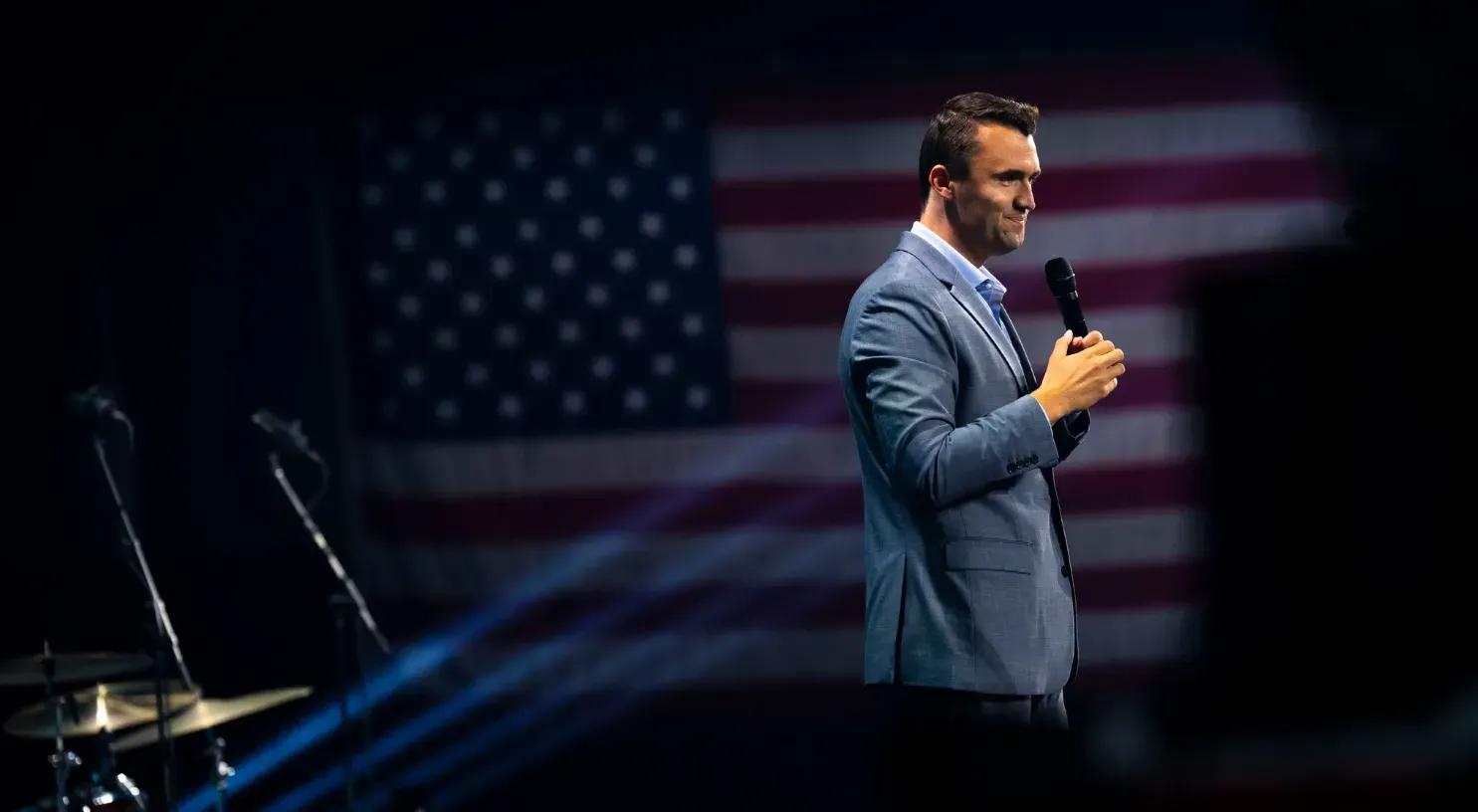Charlie Kirk was 31 years old. He could have been in a café, discussing politics with friends or planning his future. He might have been thinking about how to reinvent his youth organization, about how to challenge progressive hegemony on campuses, or just about how to live. But no. Kirk was shot and killed at a university in Utah. And with him, not only a young life was extinguished: the deepest wound of American society was exposed.
It wasn’t the president who killed him. Nor a specific enemy of the White House. It was a society sick with hatred, a country that has long turned violence into a method and disagreement into a reason for war. Kirk fell to a bullet, yes, but also to the poisoned climate that allows anyone to believe that physically eliminating their opponent is a legitimate way to do politics.
Politics shoots
In the United States, violence has ceased to be an exception. We saw it with the assault on the Capitol, with attacks on congresspeople, with threats to judges, and with the multiplication of armed attacks that no longer surprise anyone, or like the recent assassination attempt on President Trump. The dramatic thing is that the country that presents itself to the world as a bastion of democracy is getting used to its leaders and activists being moving targets.
The bullet that struck Kirk was not the first, and if something doesn’t change, it won’t be the last either. When polarization combines with the ease of accessing weapons, the result is a minefield where anyone who raises their voice runs the risk of being silenced forever.
The paradox of an uncomfortable activist
Kirk was many things: provocative, controversial, tireless organizer. He founded Turning Point USA to give muscle to youth conservatism, challenged progressive academia, embraced theories that many considered conspiratorial, and never shied away from a fight. But above all, he was an activist. And being an activist, in times of apathy and cynicism, is already an act of faith.
His murder exposes a painful paradox: someone who believed in politics, albeit in a different, radical, and even irritating way to his critics, is killed. They kill a young man who preferred words — rough, controversial, incendiary — over silence. He is killed in the name of a hatred that strips politics of its reason for being.

A country that grieves but doesn’t react
The president is hurt. And it’s understandable. Because no one wins with this crime. There is no side that benefits when an opponent is killed: what remains is a larger void and a deeper fear. Politics is not strengthened; it is weakened. Democracy is not defended; it is corroded.
The president requested updated information and met with advisors in the Oval Office before recording a four-minute video in which he blamed the rhetoric of “radical left” for the murder.
But the question is: how much more can the United States endure before it completely breaks? How many leaders, young or old, will have to fall before society understands that violence builds nothing?

The weight of the irreparable
The most touching aspect of the case is not his ideological affiliation or the name of his organization. The most touching thing is his age: thirty-one years. The age when one still believes that they can change something. The age when politics still burns in one’s chest. That age was frozen in a morgue while his family and supporters try to make sense of what makes no sense.
It’s dramatic because the irreparable always is. There will be no speech or memorial that will bring a murdered activist back to life. The only thing that can be done is to learn, if there is still capacity for learning in a country that seems to repeat the same mistake over and over.

What’s at stake
Charlie Kirk is neither a perfect martyr nor a flawless hero. He was an activist with hard convictions and a divisive style. But what cannot be relativized is his end: no one should die for being an activist. No one should be shot for thinking differently.
The United States is bleeding not only from its political divisions but also from having allowed violence to become a form of language. If it fails to stop this spiral, the oldest democracy in the world will cease to be a reference and will transform into a warning.
What remains of Charlie Kirk is not only the tragedy of his end but the obligation to ask oneself: do we want politics to remain words, or do we accept it continues to be bullets?

Comments